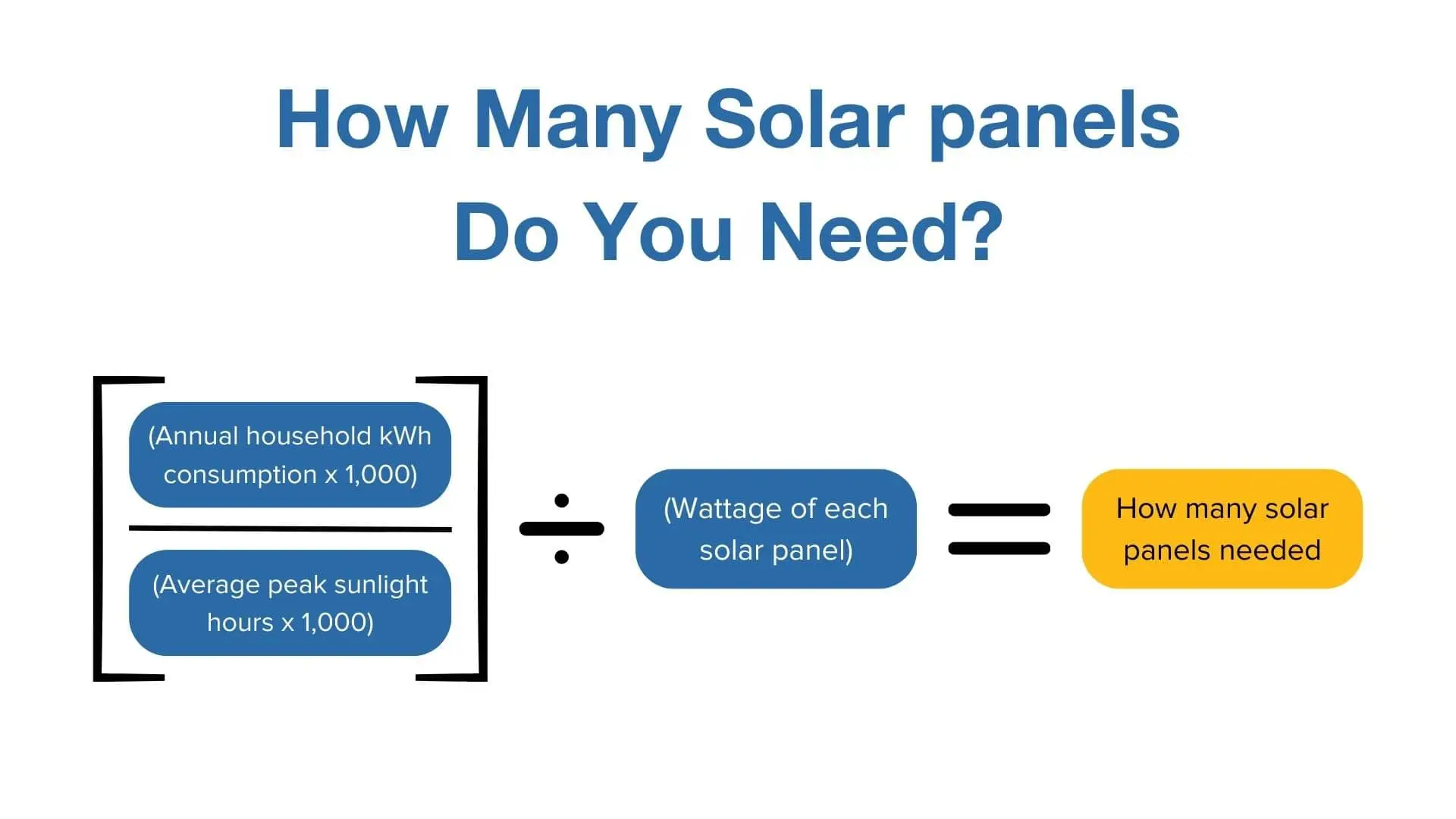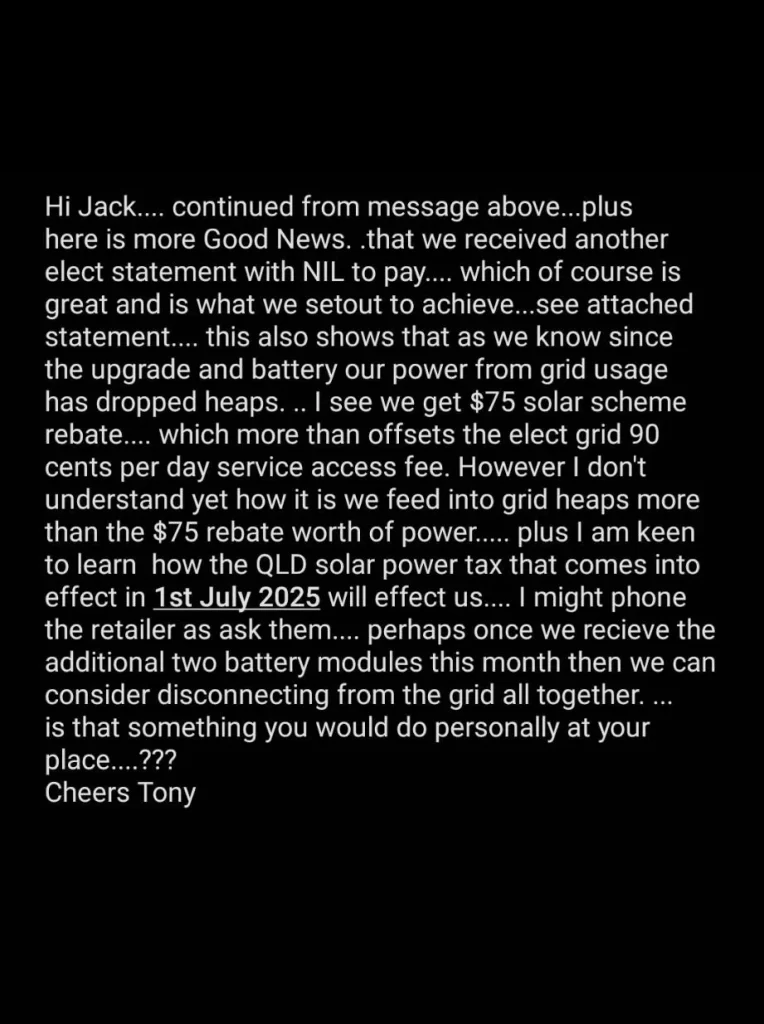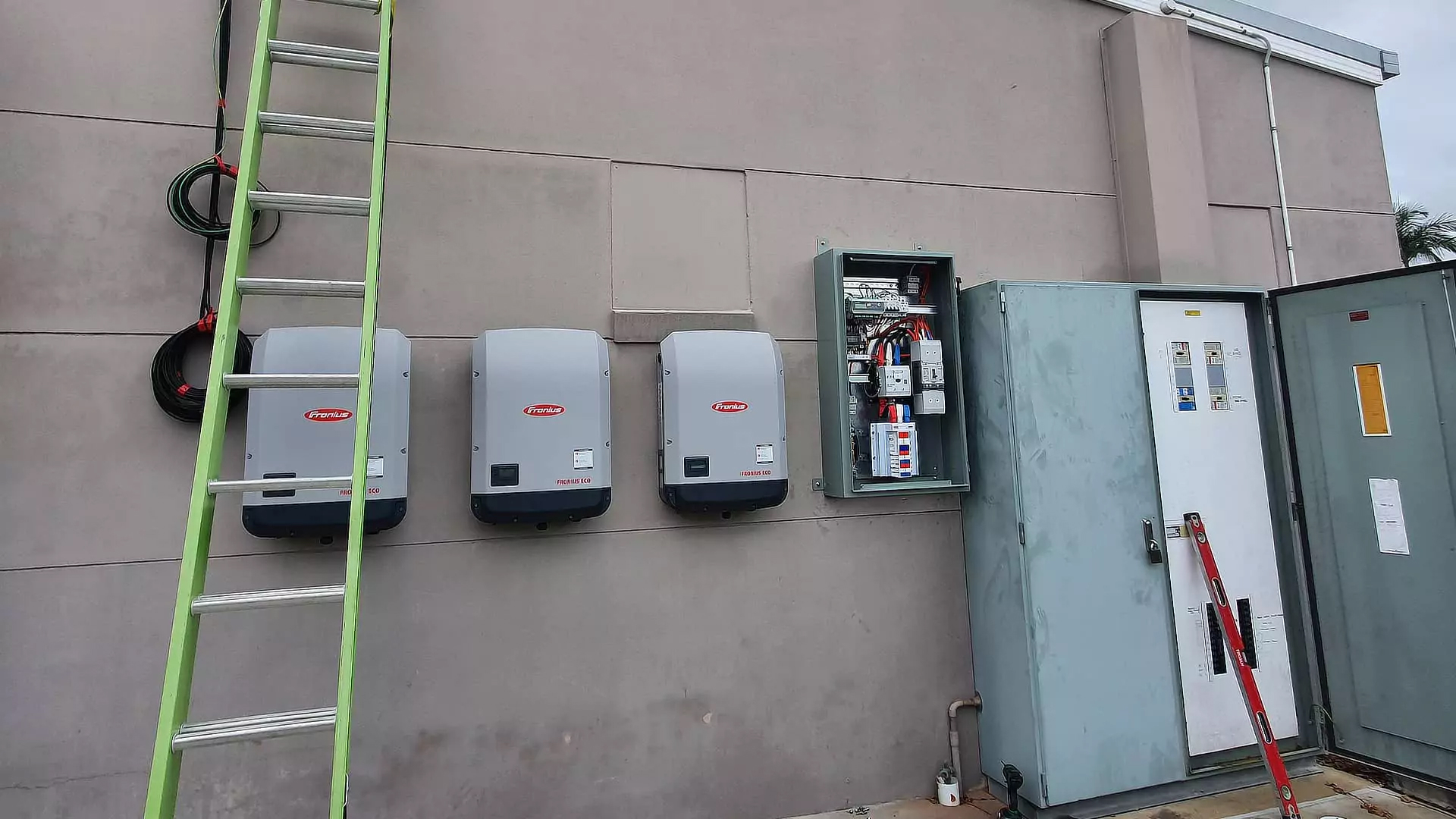With the growing interest in renewable energy and sustainable living, many homeowners are considering the possibility of going off-grid and powering their homes with solar energy. One of the most common questions that arise when exploring this option is, “How many solar panels does it take to run a house off-grid?” In this article, we will explore the factors influencing the number of solar panels required to power a house off-grid, including energy consumption, location, solar panel efficiency, and offers a formula for estimating the number of panels needed.
Average Number of Solar Panels Needed
The average number of solar panels required to power a house off-grid varies depending on factors such as the energy consumption of the house, location, and efficiency of the solar panels. On average, a small to a medium-sized home may require anywhere from 20 to 40 solar panels, assuming an average panel capacity of around 250 to 350 watts.
This estimate is based on a moderate energy consumption level and locations with a decent amount of solar irradiance. However, it’s important to note that every home is unique, and a precise calculation should consider the specific energy needs and conditions of the house to determine the optimal number of solar panels required for achieving energy independence.
Energy Consumption of the House
The first step in determining the number of solar panels needed is to evaluate the energy consumption of the house. This can be done by examining previous electricity bills to get an idea of the average monthly or annual energy usage.
The unit of measurement for energy is kilowatt-hours (kWh). Once you have this information, it becomes easier to estimate the number of solar panels required to generate that amount of energy.

Location and Solar Irradiance
The location of the house plays a crucial role in the effectiveness of solar panels. Different regions receive varying levels of solar irradiance, which refers to the amount of sunlight available for energy generation. Sunnier regions tend to have higher solar irradiance and therefore require fewer solar panels to generate the same amount of electricity as a less sunny area.
To determine the solar irradiance in your location, you can consult solar maps or use online tools that provide average solar insolation data. This information will give you an estimate of the amount of sunlight your solar panels are likely to receive throughout the year.
Solar Panel Efficiency
Solar panel efficiency refers to the ability of the panels to convert sunlight into usable electricity. Higher efficiency panels can generate more electricity from the same amount of sunlight, reducing the overall number of panels required. When considering solar panels, it is essential to review their efficiency ratings to make an informed decision.
Calculating the Number of Solar Panels
When determining the number of solar panels required for your home, several factors come into play. These include understanding your average yearly energy consumption, the energy generation capacity of your solar panels, and the specific conditions affecting the amount of solar power each panel can produce. These conditions include the average number of peak sunlight hours in your area, the efficiency of the solar panels, and the state of your roof.
To calculate the number of solar panels needed, you can use the following formula:
Number of solar panels = ( (Annual Household kWh Consumption x 1,000) / (Average peak sunlight hours x 1,000) ) / (Wattage of each solar panel) = How many solar panels needed
Average annual energy needs of an Australian Household: 6,800 kWh
Average daily duration of peak sunlight hours (when sunlight intensity is at least 1,000 watts [W] per square meter): 5 hours
Average wattage of a solar panel: 350 W (high-efficiency panels may generate 400 W or more, while less efficient panels could produce 250 W or less)

The following example employs Australian averages for household electricity consumption, peak daylight hours, and solar panel efficiency:
Multiply your annual household kWh consumption by 1,000
6,800kWh x 1,000 = 6,800,000
Divide this number by the average daily house of peak sunlight in your location, multiplied by 365.
5 x 365 = 1,825
6,800,000 / 1,825 = 3726.03
Divide this value by the wattage of each of your solar panels
3726.03 / 350 = 10.64
Round up this number to the nearest whole number, which represents the required number of solar panels
10.64 rounds up to 11
Keep in mind that this calculation assumes 100% efficiency, which is not realistic. It is advisable to account for losses due to factors such as shading, panel tilt, and inverter efficiency. To achieve a more accurate estimate, it is recommended to consult with a solar professional who can evaluate your specific situation and provide a personalised assessment.
Other Considerations
In addition to the number of solar panels, going off-grid requires the installation of energy storage systems, typically in the form of batteries, to store excess energy for use during non-sunny periods. The capacity of the battery bank will depend on the energy needs of the house and the desired level of autonomy during cloudy days or at night.
Furthermore, it is important to note that energy conservation and efficiency measures, such as using energy-efficient appliances, insulating the house properly, and adopting conscious energy consumption habits, can significantly reduce the number of solar panels needed to meet your energy needs.
Work with Off-grid Solar Specialists
The number of solar panels required to run a house off-grid depends on the energy consumption of the house, the location, the efficiency of the solar panels, and other factors such as battery capacity and energy conservation measures. By evaluating these aspects and consulting with professionals, homeowners can determine the optimal number of solar panels and create a sustainable off-grid energy system for their homes.
At SnapSolar, we help homeowners in Mackay and the surrounding Queensland area make the shift to off-grid solar confidently and successfully. We’ve helped countless homeowners do this over the years, and we can do the same for you.
Get in touch with us to learn more and get started today.
Get Your FREE Quote Today & Save $$$!
Contact our team today and we'll get back to you as soon as possible to discuss your solar needs!
Get a FREE QuoteRelated Articles.

How Our Client Eliminated His Electricity Bill To $0

Jackson Wyer

Why Do Solar Inverters Get Hot?

Jackson Wyer

What Is Solar Energy?

Jackson Wyer

